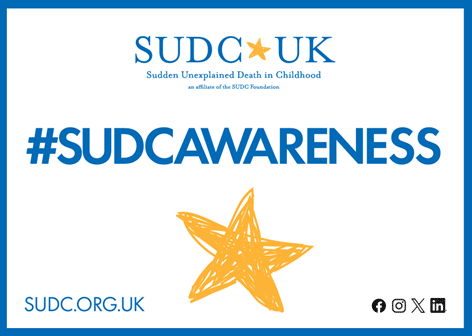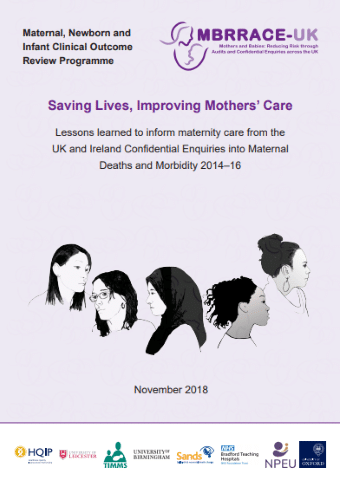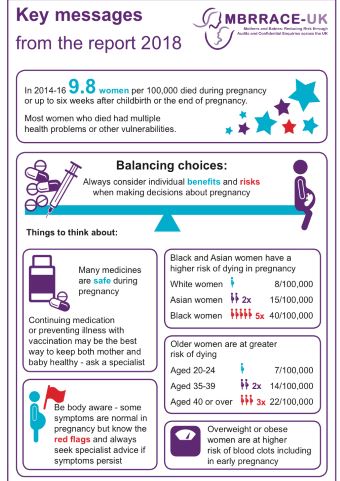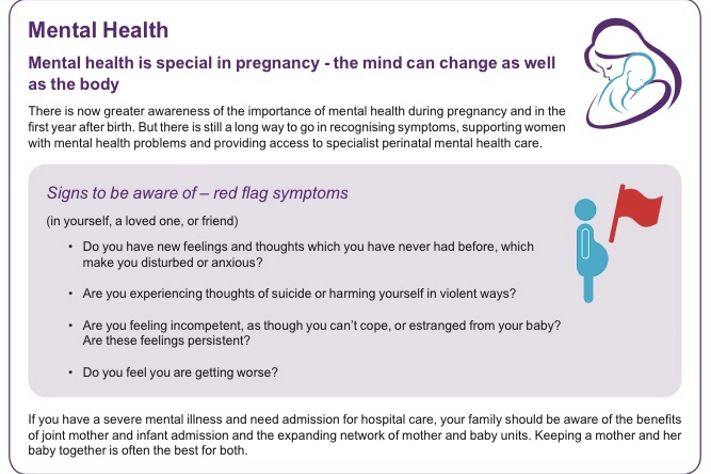The Institute of Health Visiting is saddened to hear of the recent death of Professor Dame Elizabeth Fradd, Honorary Fellow of the iHV and champion of health visiting.
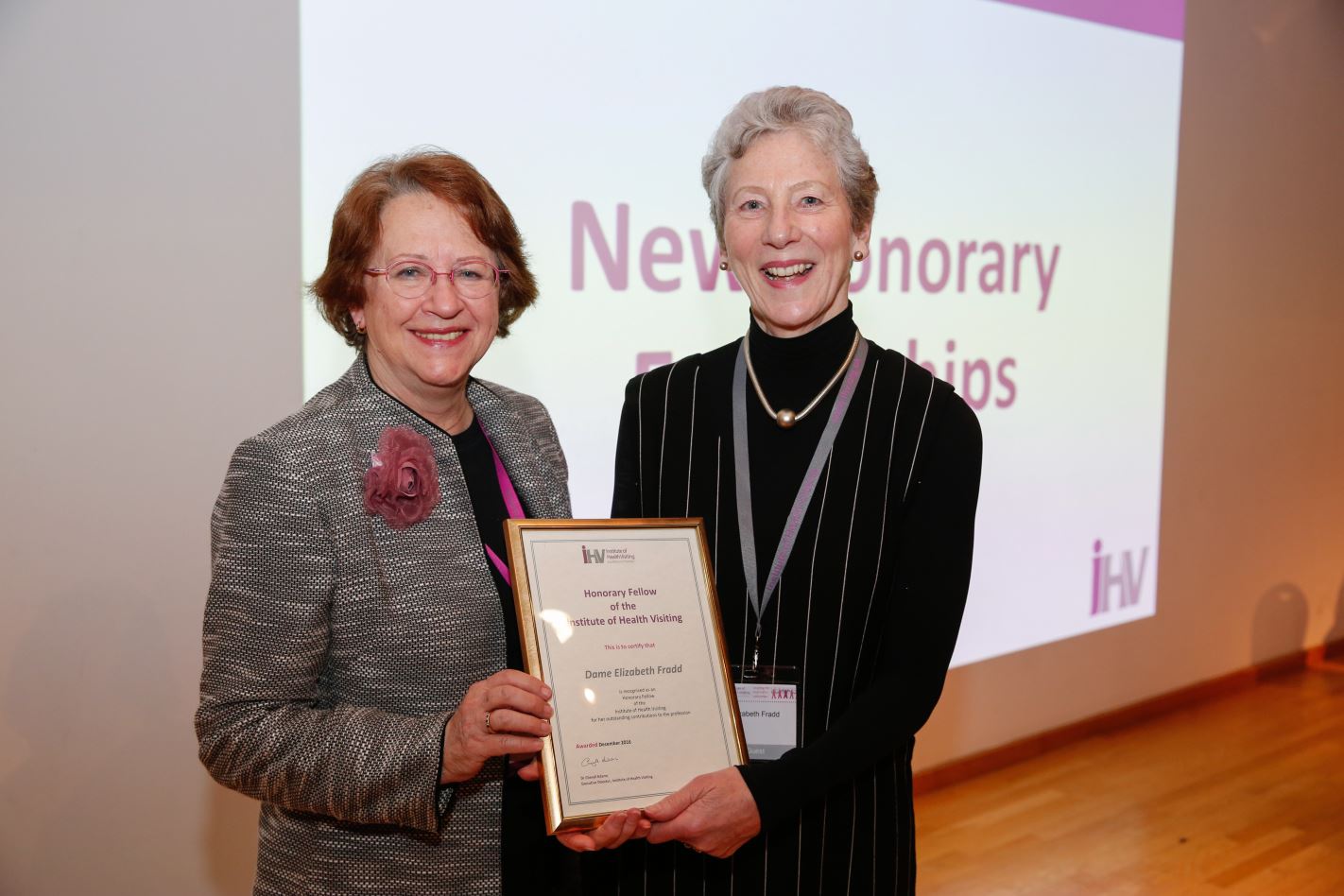
Dame Elizabeth Fradd receiving her honorary Fellowship from Pamela Goldberg OBE, chair of iHV in 2016
During her career, having trained as a children’s nurse, Liz held a variety of registered nurse, midwife and health visitor posts before supporting the nursing profession nationally, becoming Deputy Chief Nursing Officer for England and serving as Director of Nursing / Lead Director for reviews and inspections at the Commission for Health Improvement.
Alison Morton, iHV CEO said:
“This is very sad news. Liz was a committed nurse and health visitor, a staunch advocate for the profession and for our work at the iHV. We were privileged to have Liz as an Honorary Fellow at the iHV for many years. Liz was a force for good and I hope that she knew what a difference her support meant to us. On a personal note, Liz was a dear friend to so many and could always be relied upon for wise counsel. Just a few weeks ago, I had the pleasure of spending the day with Liz at an event in the City of London. As usual, Liz was full of energy and enthusiasm, never losing her belief and drive for a better future – I will cherish all these memories, alongside many others. She will be missed by all who worked with her across the nursing and health visiting family and beyond. May she rest in peace following a life well-lived.”
Former iHV Chair, Pamela Goldberg OBE, said:
“Liz was such a positive influence and inspiration to so many inside and outside her profession. She was also a good and supportive friend and will be sorely missed.”
In 2009, Liz was awarded the DBE for services to nursing and healthcare. Alongside being a Fellow of the Institute of Health Visiting, Liz was also honoured for her contributions to nursing and health visiting through her awards as Fellow of the Royal College of Nursing, the Royal College of Paediatrics and Child Health, and the Queen’s Nursing Institute. Liz was also a former vice president and honorary professor at the University of Nottingham, and High Sheriff of Nottingham.
Her recent roles included commissioner on the Midlands Engine Health Inequalities Post Covid Commission, Vice-Chair of the UK children’s charity Together for Short Lives, membership of Southwell Cathedral Council and Nomination Committee, clinical advisor to Nourish, Vice President of Rainbows Children’s Hospice, and an advisor to Justice Defenders.

